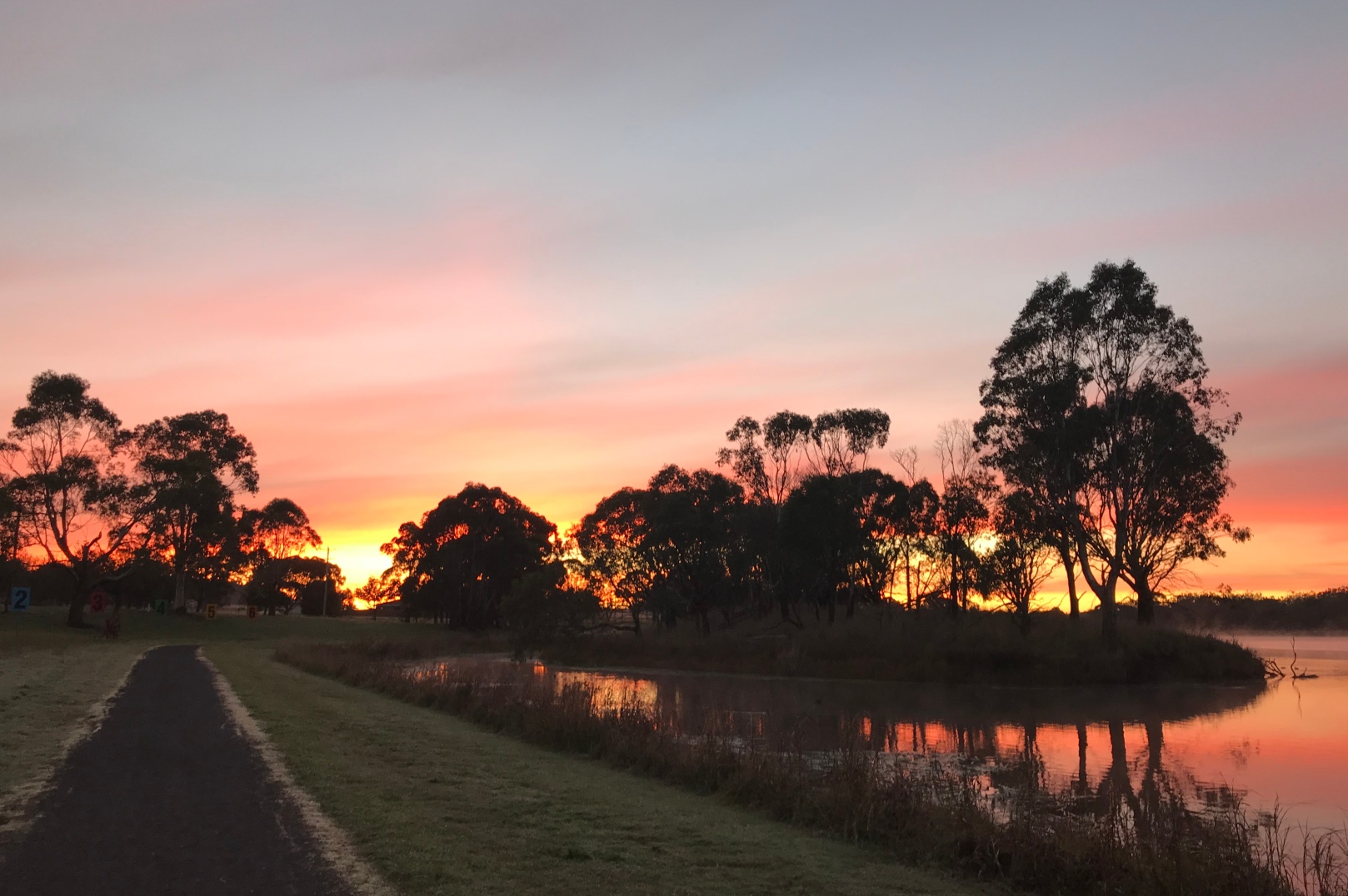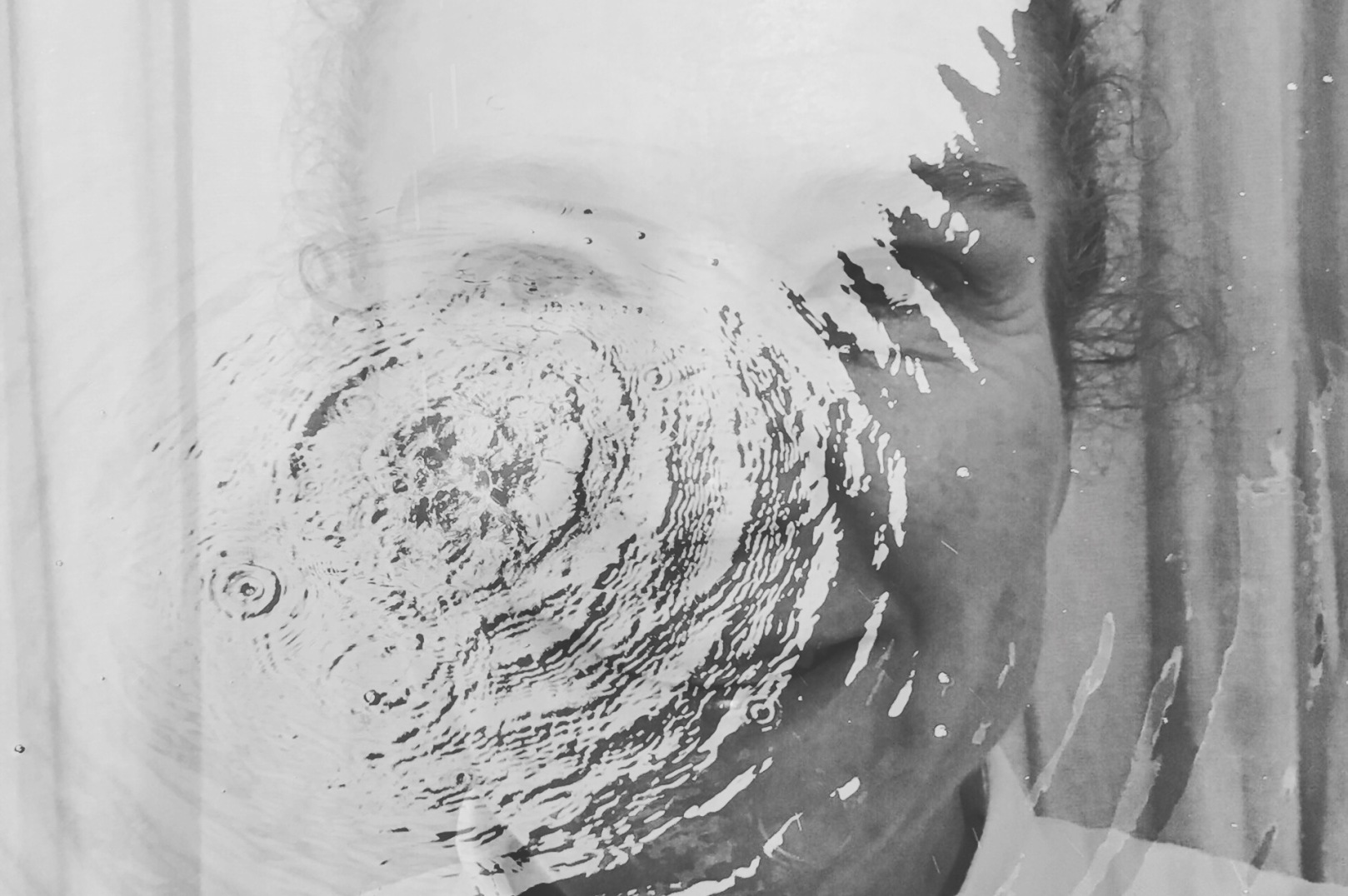Once I was regularly running and losing weight (zenmode link) I realised this “getting healthy” thing isn’t meant to be a punishment.
I wanted to look after myself instead of hating myself for not looking after myself.
Running and losing weight had given me more confidence in tackling the things I needed to overcome.
Being a little more confident led to wanting to run races/fun runs (zenmode link) and meet up with running friends I’d met online, though that was scary to me.
I used to get pains in my chest and shivering due to anxiety. My doctors weren’t worried about that, but rather the fact that I was taking valium a few times a week to manage the symptoms in the week prior to an event (never the day before an event).
I was given a doctor’s referral to see a neuropsychologist 10 times in a year, free with Centrelink/Medicare Australia, should I need them.
The first appointment was really, really scary to turn up for, no matter who says “stop the stigma” (I think that makes stigma seem more real).
But I was very relieved after I’d been to the appointment. It was such a relief – much more so than a valium used to be (I didn’t quit those straight away. The mind isn’t oftgen that flexible, neither is the body).
From the psychologist I learnt about the nervous system, and the two types of nervous systems – the parasympathetic and the sympathetic. It’s the sympathetic that is most in play when anxious. The “fight and flight” response.
Since then, I’ve used that knowledge in multiple situations, knowing I (or someone) is acting the way they are because of the need to move and burn energy to escape their fear (zenmode link). I still get scared, but I do tackle difficult issues with a desire to understand them.
It’s quite odd that we live in an age where people are afraid to run.
Having said that, I’m seeing more and more people outdoors exercising than there were 5 years ago, even with COVID-19 restricting much activity.
Running is a virus?
Leave a comment below.






You must be logged in to post a comment.